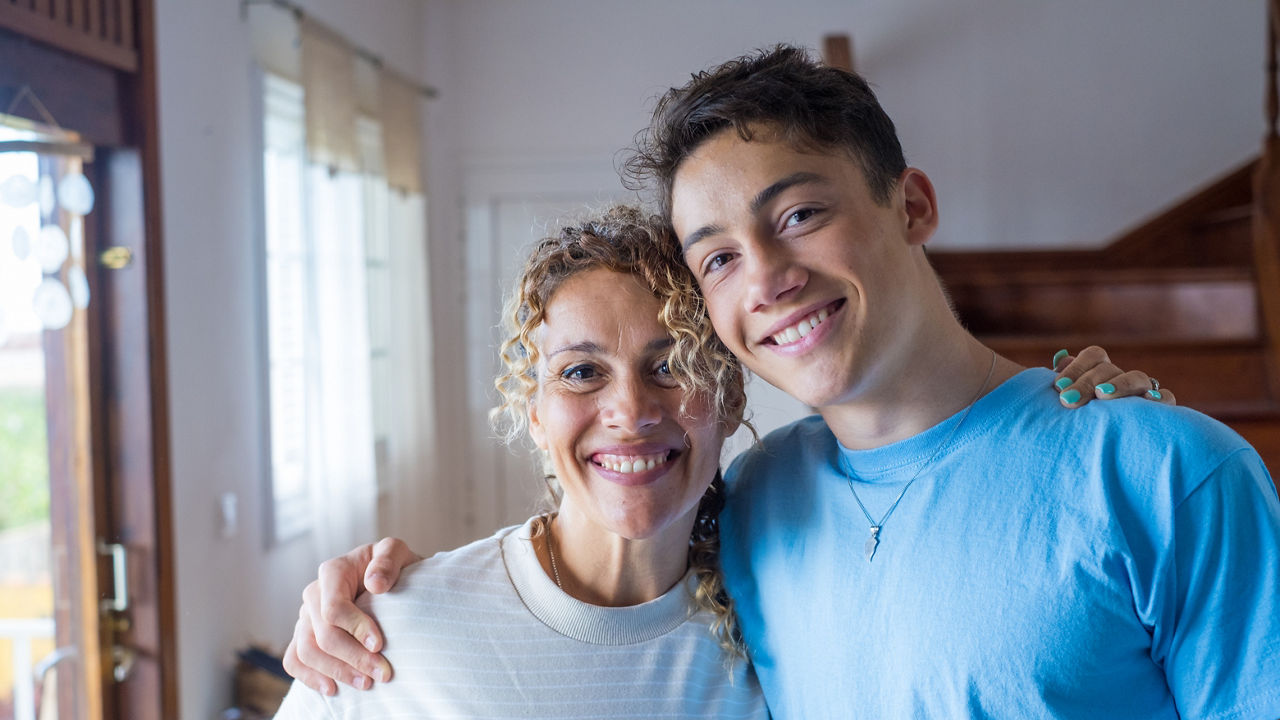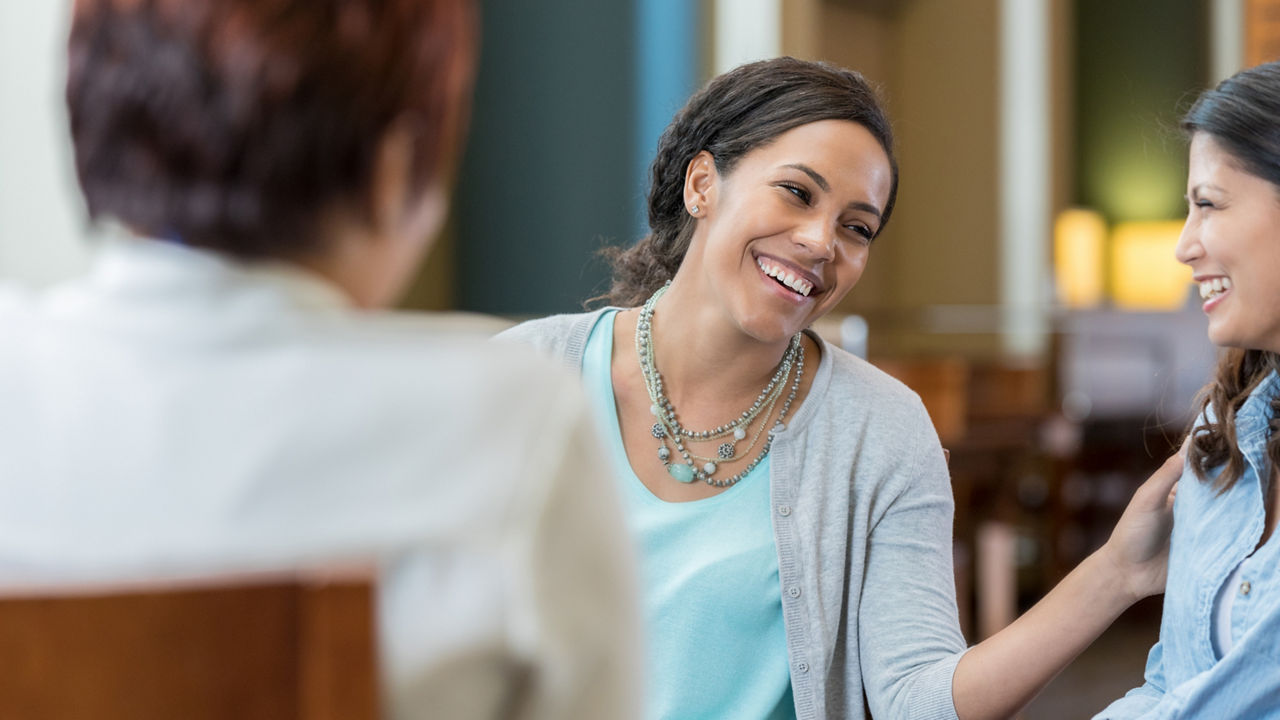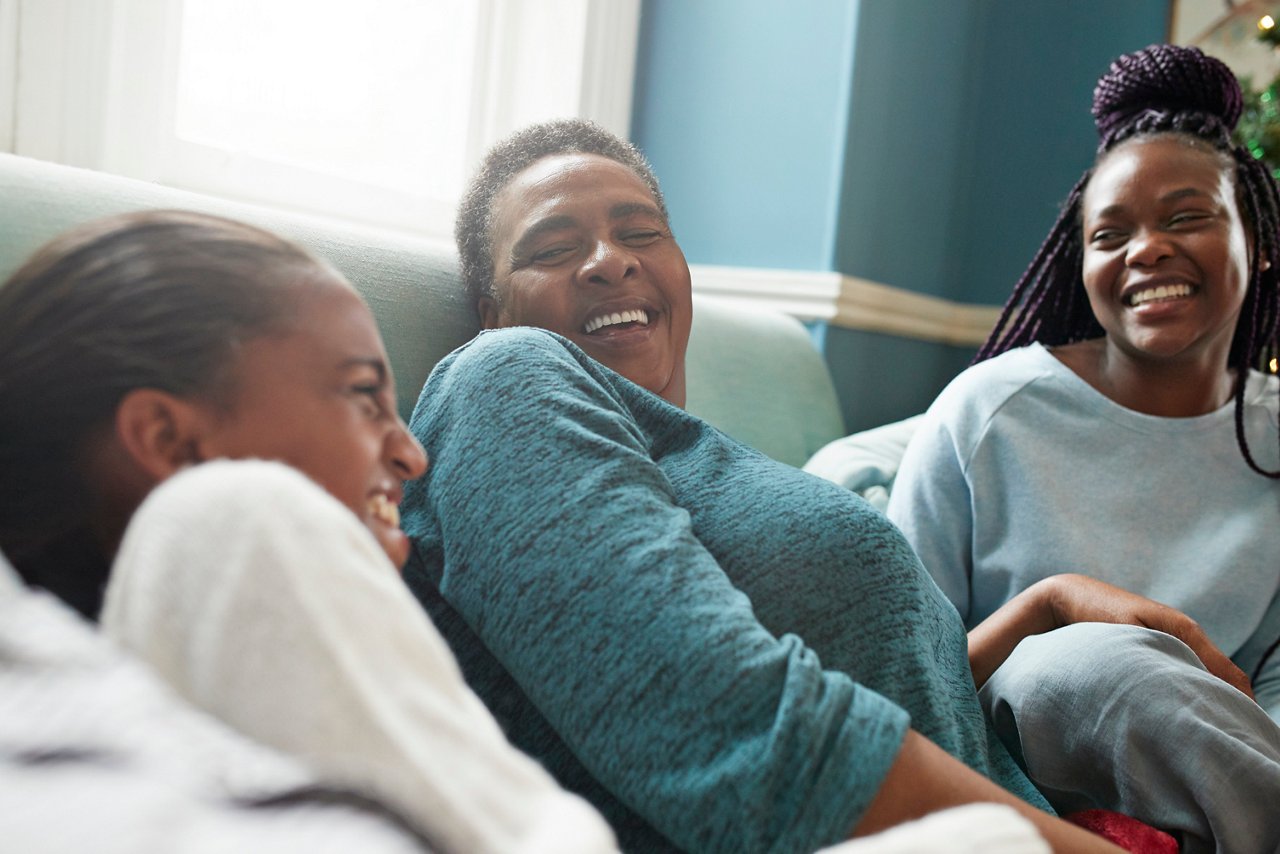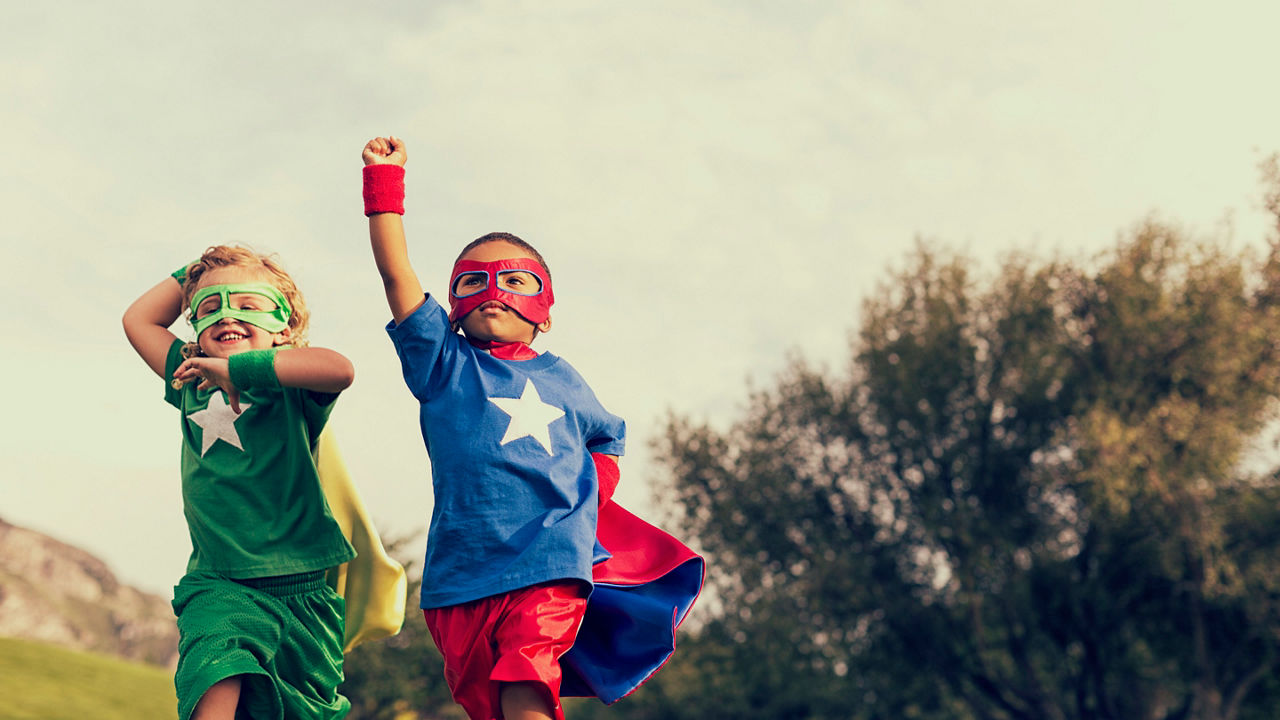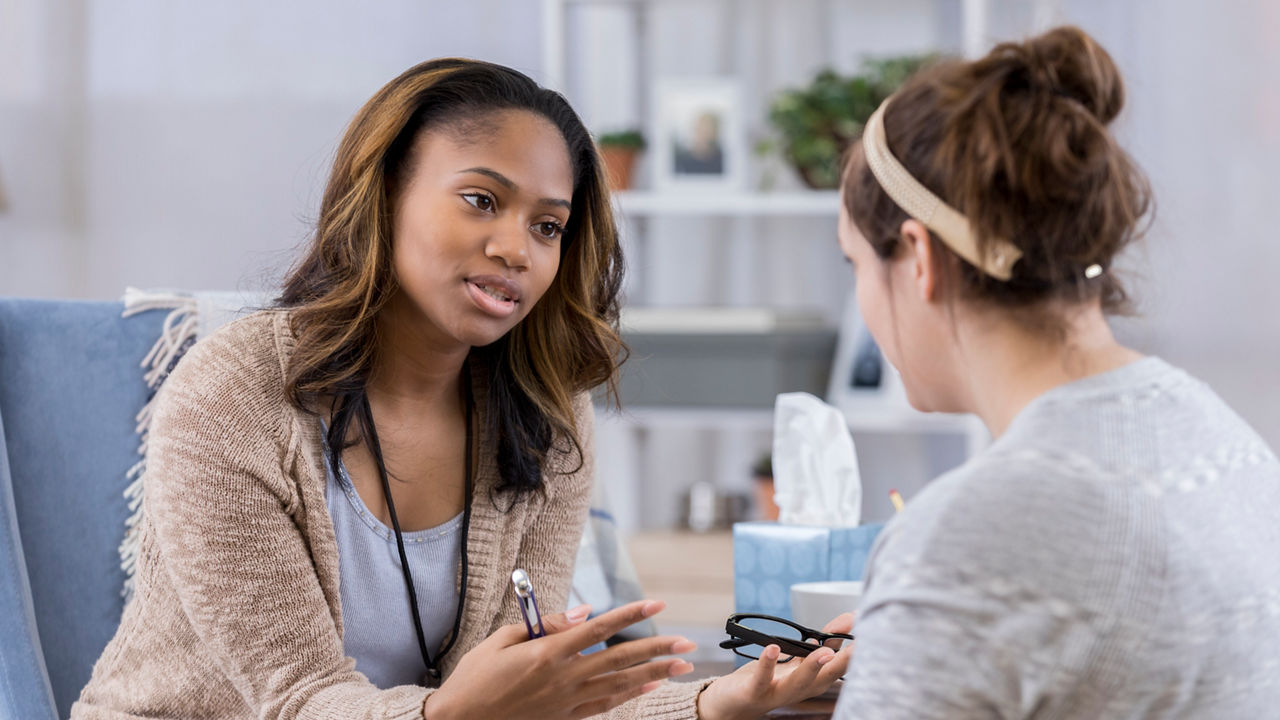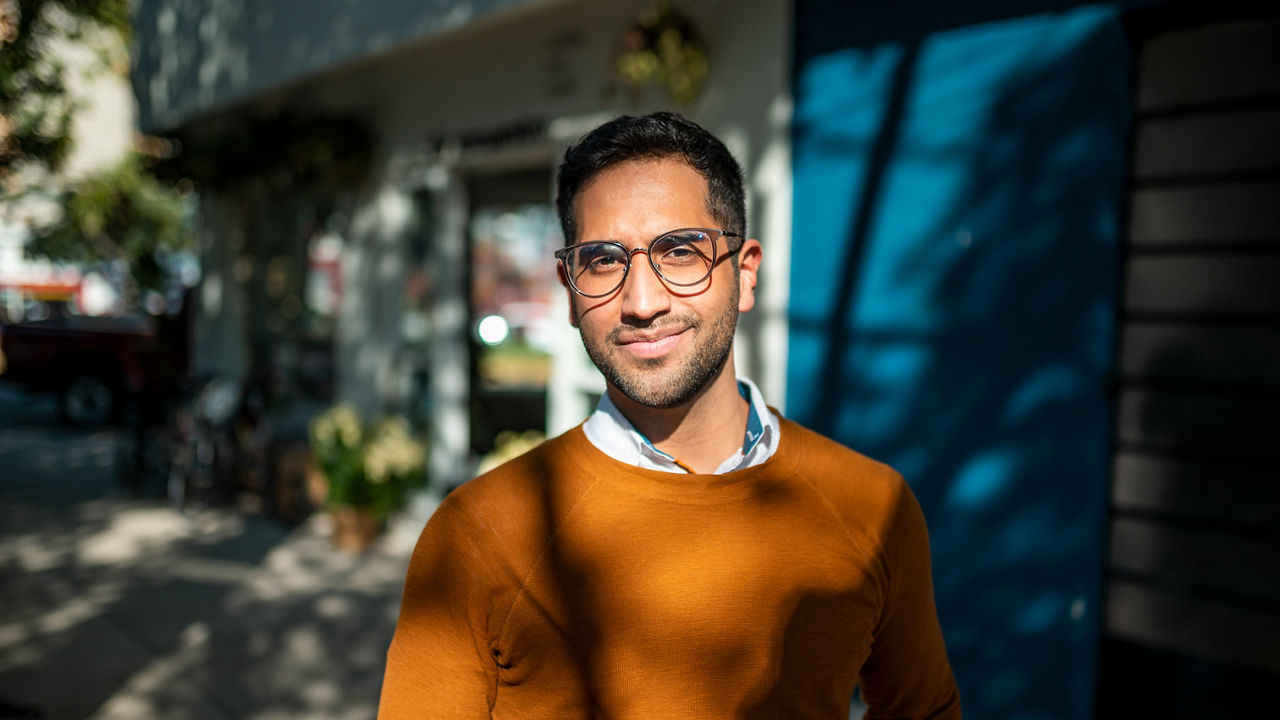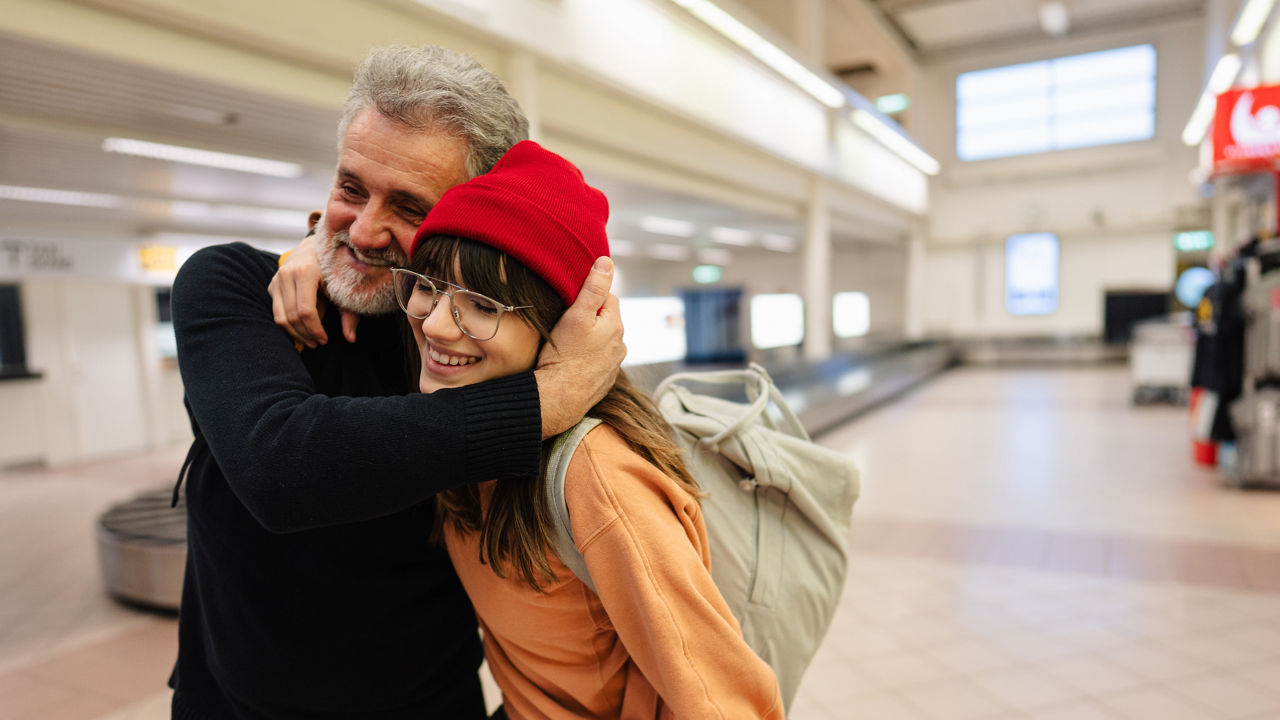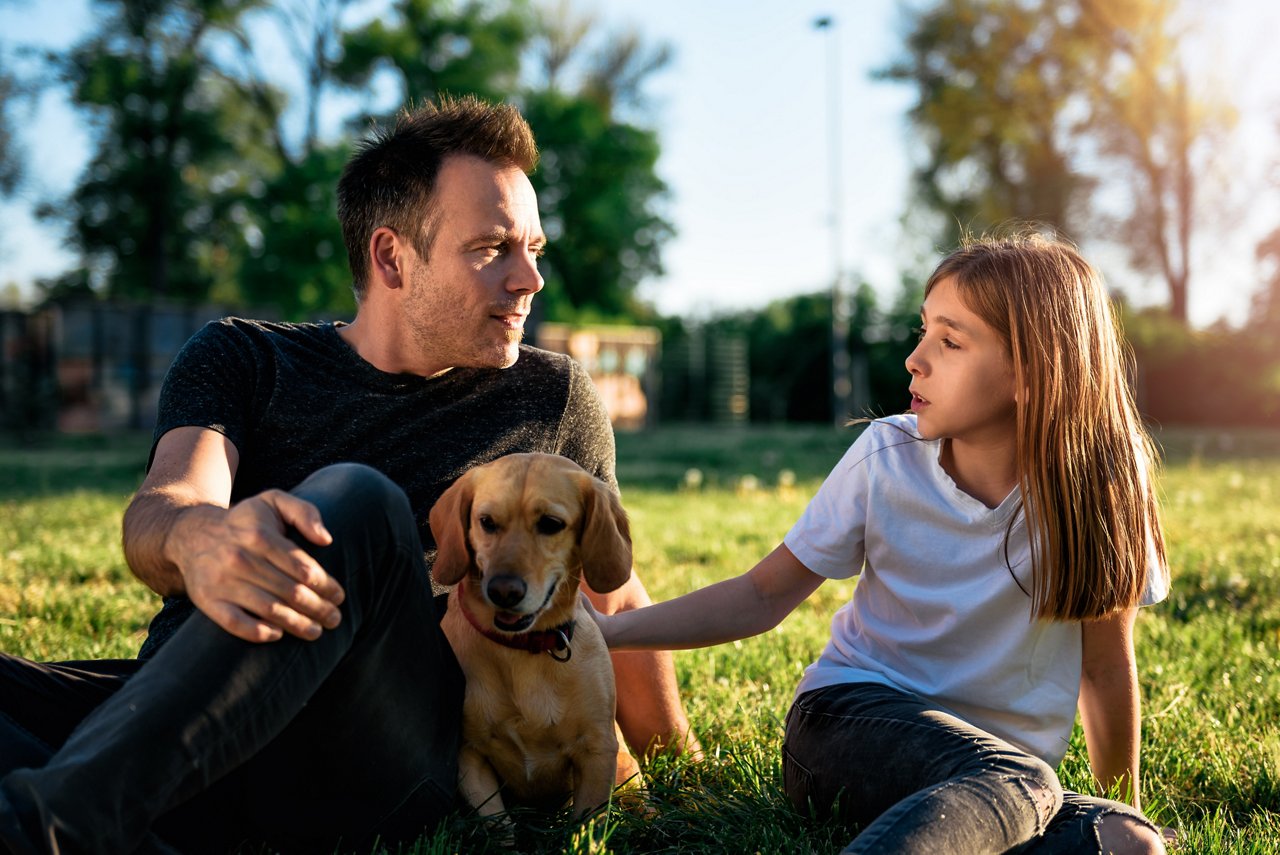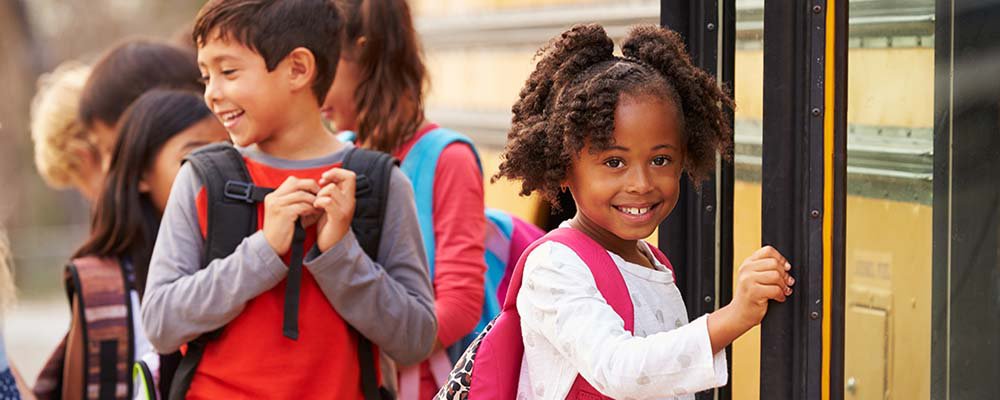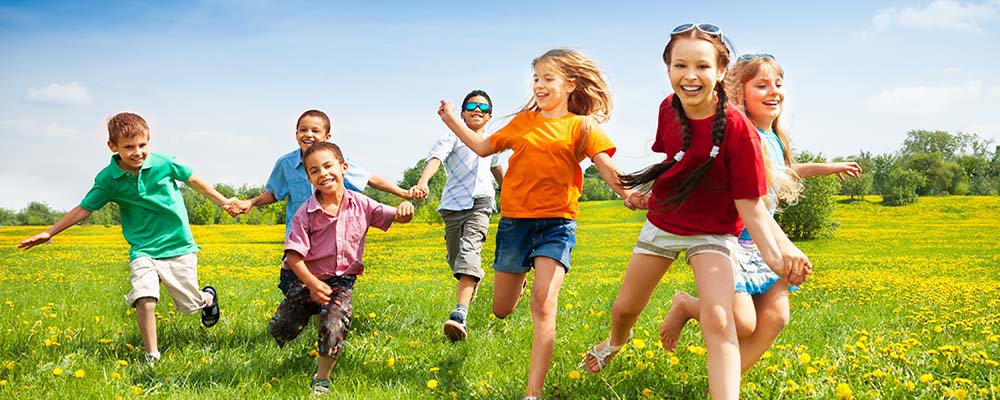This two-hour virtual orientation provides your family with helpful information and supportive resources—regardless of whether your loved one is in active addiction, seeking treatment, involved in some level of drug or alcohol counseling, or in recovery. Orientation incorporates insights on the effects of addiction and mental health issues on families, peer discussion and support, identification of healthy coping skills, Q&A time with family counselors, and an overview of services available to families.
Designed for families who have a loved one in treatment, this immersive, one-day program introduces you to evidence-based skills and family behavioral resources to improve your communication and connection with one another. You will also hear about the treatment and recovery process from patients. The immersive family workshop is offered at our locations in Center City and Plymouth, Minnesota, and Rancho Mirage, California.
Coaching is designed to help your family members repair relationships, rebuild trust and strengthen self-care skills. Through phone- and web-based sessions, Family Coaching professionals use evidence-based approaches and practices to address your family's well-being needs.
Facilitated by native Spanish-speaking counselors, this three-hour virtual program helps your family recognize addiction as a disease, learn about the recovery process, understand relationship dynamics, and strengthen communication skills.
For Native American families, the weight of intergenerational trauma, unresolved grief, stigma and isolation can make the healing journey all the more challenging. This two-hour virtual program, facilitated by Native American family professionals, creates a supportive learning and processing environment for your family to heal and grow together.
Through this virtual program, adolescents have a safe and supportive space to explore the ways their loved one's addiction has impacted their family while also learning how to set boundaries and strengthen their own healing. When adolescents complete the program, they are invited to weekly continuing care meetings.
We offer counselor-facilitated, 90-minute group sessions weekly, featuring a rotating series of family-focused topics and addiction/recovery-related discussions.
Delivered in four, 90-minute sessions, this skill-building workshop helps family members learn how set healthy boundaries, communicate effectively with one another, clarify roles and effectively support their loved one in recovery.
Our award-winning Children's Program provides support, education and care to kids who grow up in a family with alcohol or other drug addiction. Children participate in programming on site, over several consecutive days at our locations in Center City, Minnesota; Denver, Colorado; and Rancho Mirage, California.
Children and caregivers participate via Zoom over a two-day period, with three-hour sessions each day. Components for caregivers and children are conducted separately, with the majority of programming time designed for the kids.
El Programa para Ninos ofrece servicios en persona y virtuales de apoyo para lost ninos y las familias afectadas por el consume de sustancias y las enfermedades mentales.
You probably know all too well how addiction can pull families apart. The good news is that recovery can bring families closer together. But healing involves learning new ways of understanding and relating to one another. Our Virtual Caregiver Workshop is designed to support and guide you in caring for a child who's been impacted by a loved one's addiction. This three-hour workshop will help you create an atmosphere of communication and trust withing your recovering family.
What happens in the Children's Program?
The Children's Program blends learning and play through developmentally appropriate content and activities. With the care and guidance of highly trained counselors, children get to know one another through fun group activities. Kids are also empowered to express themselves in healthy ways.
Why is it important for children who have an addicted parent to participate?
Learning that your parent's alcoholism or substance abuse is not your fault is very powerful for a child. It allows the child to be a kid again. Research shows a genetic component to addiction, so children who have a family history of the disease are at increased risk of developing substance use and behavioral health problems themselves. Equipping youngsters with healthy living skills is an effective form of prevention.
How does the program help families deepen their healing and connection?
Through artwork, stories, letters to "Addiction" and other ways of communicating, children share with their parents what it's been like for them to live such chaos and uncertainty. This is a very moving and eye-opening experience for kids and adults alike.
What can I say to parents to encourage their participation?
Adults who grew up with addiction in their family can give their children a gift they never received as kids—the opportunity to heal from the pain caused by a parent's alcohol abuse or drug addiction. Through our Children's Program, parents also have the opportunity to break the cycle of substance abuse in their family.
What happens at the conclusion of the program?
Children "graduate" with a better understanding of addiction as well as a better ability to identify and express their feelings. Kids also begin the process of creating self-care strategies for themselves and identifying safe people who can provide support. Counseling staff contact each family to provide continuing care recommendations and encouragement to continue seeking services for their child and the collective health of the family.
Why do you avoid using "addict" or "alcoholic" to describe people who have a substance use disorder?
As a behavioral healthcare organization, Hazelden Betty Ford strives to use person-first language that recognizes the person above and beyond their condition or diagnosis. The labels "addicts" and "alcoholics" can perpetuate stigma and diminish help-seeking. We affirm the right of persons who are talking about their own experiences to self-identify with the terms they prefer.
An assessment by one of our mental health therapists is a helpful place to start when you and your family are struggling to cope but don't really know what services or support would help. Mental health assessments are designed to identify what's going on and what kinds of therapy could benefit you most. Call us to schedule an appointment: 1-833-977-1915.
Counseling that approaches behavioral health challenges from a family perspective—rather than solely an individual matter—can improve awareness and understanding for everyone and increase the chances of long-term recovery.
Hazelden Betty Ford offers individual, family and couples counseling on an outpatient basis. Inpatient mental health services are provided in concert with substance use treatment for our residential patients diagnosed with co-occurring conditions. Call us to learn more about outpatient mental health services for your family: 1-833-977-1915.
Telehealth appointments work the same way as our in-person therapy sessions, but from the convenience of your home. Learn more.
Depression is a complex mental health condition with symptoms that can range from mild to severe. Learn what to look for and when to seek help.
If anxious thoughts are causing unhealthy levels of fear or stress for anyone in your family, it may be time to reach out for help. Learn about treatment options to help you manage your symptoms.
Physical or emotional violence. A natural disaster. A serious accident. Experiencing or witnessing such harrowing ordeals can bring about symptoms of PTSD. Learn about trauma-informed approaches and counseling.
- All
